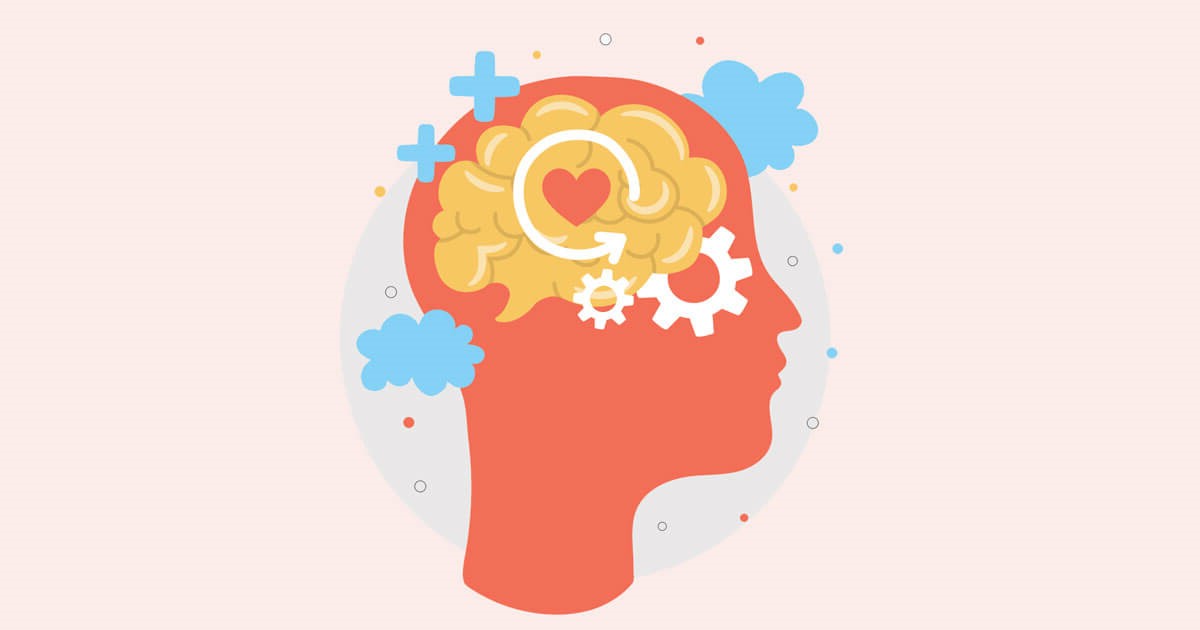
Ever wondered what keeps your brain in top shape? Your brain is like a supercomputer, controlling everything you do, think, and feel. Keeping it healthy is crucial for a happy, productive life. From the food you eat to the amount of sleep you get, many factors play a role in maintaining brain health. Did you know that regular exercise can boost your brainpower? Or that learning new skills can keep your mind sharp? In this post, we'll uncover 19 fascinating facts about brain health that will help you understand how to keep your brain functioning at its best. Get ready to boost your brainpower!
Brain Health: Why It Matters
Understanding brain health is crucial for everyone. Our brains control everything we do, from thinking and feeling to moving and sleeping. Keeping it healthy can improve our quality of life.
-
Exercise Boosts Brain Power
Regular physical activity increases blood flow to the brain, which can help improve memory and cognitive function. -
Sleep is Essential
Quality sleep helps the brain process information and consolidate memories. Lack of sleep can impair cognitive abilities and mood. -
Healthy Diet, Healthy Brain
Eating a balanced diet rich in fruits, vegetables, and omega-3 fatty acids supports brain health. Foods like fish, nuts, and berries are particularly beneficial.
Surprising Facts About Brain Function
The brain is a complex organ with many surprising aspects. Here are some lesser-known facts that highlight its incredible capabilities.
-
The Brain is Always Active
Even when you're asleep, your brain remains active, processing information and maintaining bodily functions. -
Brain Cells Regenerate
Contrary to old beliefs, the brain can produce new neurons throughout life, a process known as neurogenesis. -
Multitasking is a Myth
The brain can only focus on one task at a time. What we call multitasking is actually the brain switching between tasks rapidly.
Mental Health and the Brain
Mental health is deeply connected to brain health. Understanding this connection can help us take better care of our minds.
-
Stress Shrinks the Brain
Chronic stress can lead to the shrinking of the hippocampus, the part of the brain responsible for memory and learning. -
Exercise Reduces Anxiety
Physical activity releases endorphins, which can help reduce anxiety and improve mood. -
Social Interaction is Key
Engaging in social activities can help maintain cognitive function and reduce the risk of mental decline.
Brain Health Across the Lifespan
Brain health isn't just important for older adults; it's crucial at every stage of life. Here are some facts about how brain health changes over time.
-
Children's Brains Develop Rapidly
During the first few years of life, a child's brain forms more than a million neural connections each second. -
Teen Brains are Still Growing
The brain continues to develop into the mid-20s, particularly the prefrontal cortex, which is responsible for decision-making and impulse control. -
Aging Brains Can Stay Sharp
Cognitive decline is not inevitable. Staying mentally active, eating well, and exercising can help maintain brain function in older adults.
Protecting Your Brain
Taking steps to protect your brain can prevent injury and disease. Here are some ways to keep your brain safe and healthy.
-
Wear a Helmet
Helmets can prevent traumatic brain injuries during activities like biking or playing contact sports. -
Avoid Substance Abuse
Drugs and excessive alcohol can damage brain cells and impair cognitive function. -
Manage Blood Pressure
High blood pressure can increase the risk of stroke and other brain-related issues. Regular check-ups and a healthy lifestyle can help manage it.
Fun Facts About the Brain
The brain is not just about serious health; it has some fun and quirky aspects too. Here are a few interesting tidbits.
-
The Brain is a Big Energy User
Although it makes up only about 2% of body weight, the brain uses around 20% of the body's energy. -
Brain Freeze is Real
That sharp pain you feel when eating something cold too quickly is called sphenopalatine ganglioneuralgia, or brain freeze. -
Left-Brained vs. Right-Brained is a Myth
The idea that people are either left-brained (logical) or right-brained (creative) is a myth. Both hemispheres work together for most tasks. -
Your Brain is Unique
No two brains are exactly alike. Each person's brain develops differently based on their experiences and environment.
Keep Your Brain Sharp
Maintaining brain health is crucial for overall well-being. Regular exercise, a balanced diet, and mental challenges like puzzles or learning new skills can keep your mind sharp. Social interactions also play a big role in cognitive health, so stay connected with friends and family. Don't underestimate the power of good sleep; it's essential for memory consolidation and cognitive function. Avoid excessive alcohol and smoking, as they can harm brain cells. Staying hydrated and managing stress through mindfulness or meditation can also boost brain function. Remember, your brain is like a muscle—the more you use it, the stronger it gets. By incorporating these habits into your daily routine, you'll not only improve your brain health but also enhance your quality of life. Keep these tips in mind and give your brain the care it deserves.
Was this page helpful?
Our commitment to delivering trustworthy and engaging content is at the heart of what we do. Each fact on our site is contributed by real users like you, bringing a wealth of diverse insights and information. To ensure the highest standards of accuracy and reliability, our dedicated editors meticulously review each submission. This process guarantees that the facts we share are not only fascinating but also credible. Trust in our commitment to quality and authenticity as you explore and learn with us.


